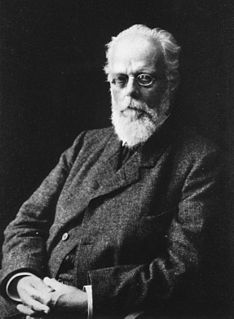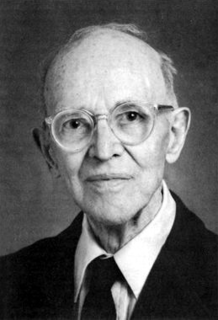A Quote by Gregory Maguire
Related Quotes
Man is made for science; he reasons from effects to causes, and from causes to effects; but he does not always reason without error. In reasoning, therefore, from appearances which are particular, care must be taken how we generalize; we should be cautious not to attribute to nature, laws which may perhaps be only of our own invention.
It is thus that the generality of mankind, whose lot is ignorance, attributes to the Divinity, not only the unusual effects which strike them, but moreover the most simple events, of which the causes are the most simple to understand by whomever is able to study them. In a word, man has always respected unknown causes, surprising effects that his ignorance kept him from unraveling. It was on this debris of nature that man raised the imaginary colossus of the Divinity.
Upon the whole, necessity is something, that exists in the mind, not in objects; nor is it possible for us ever to form the most distant idea of it, consider'd as a quality in bodies. Either we have no idea of necessity, or necessity is nothing but that determination of thought to pass from cause to effects and effects to causes, according to their experienc'd union.
God thus excludes the world; he is only its cause; in no sense is he effect, of himself or anything else. Pantheism (better, "pandeism," for again it is not really the theos that is described) means that God is the integral totality of ordinary cause-effects, and that there, is no super-cause independent of ordinary causes and effects.
The activities and effects of the Fire and Air elements in the astral sphere call forth the astral-electric fluid, and the activities and effects of the Water and Earth elements call forth the astral-magnetic fluid. The spirit-beings use these fluids to create the effects or rather the causes in our physical world. The Akasha Principle of the astral sphere maintains the harmonious equilibrium of the elements in the entire astral sphere.
The nonphysical law allows you to use nonphysical causes to create nonphysical effects and also physical effects. This does not mean that you are not in control of what you create. On the contrary! It means that you are entirely free to create what you want, provided you are aware of how the nonphysical law of cause and effect works.





































